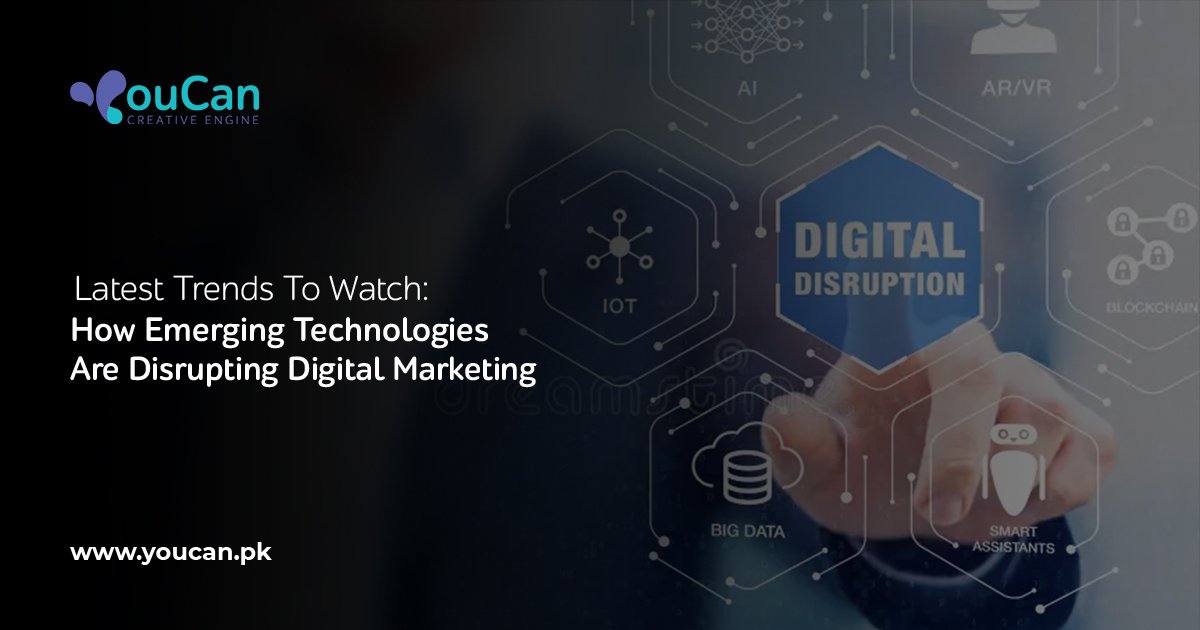
Traditional digital marketing experiences continuous transformation because modern technology progresses quickly. High-tech technological fusion during 2025 enables fundamental practice changes that provide novel ways for business-to-audience engagement. The most recent technological developments revolutionize digital marketing Strategies by including artificial intelligence as well as immersive realities so we will examine these pioneering trends.
AI stands as the leading technological revolution across all industries
Many businesses recognize the essential role that artificial intelligence plays currently in the marketing industry. AI-driven tools using predictive analytics alongside chatbots completely transformed modern marketing operations since their introduction. Brands use technologies like ChatGPT to develop conversational marketing experiences that deliver authentic personal interactions with consumers. AI algorithms use customer information to build behavior forecasts which enable marketing teams to target specific audience segments.
The creation of content by AI tools represents a prime illustration of artificial intelligence applications. Jasper AI and other tools create detailed content for defined audience segments which results in faster delivery and continued top-notch quality. Programmatic advertising runs on AI through its automated system which buys ads for specific audience segments at precise moment specifications. The system helps organizations obtain maximum return on investment and reduce unnecessary costs.
The Rise of Voice Search and Smart Assistants
The presence of voice-activated gadgets such as Amazon’s Alexa and Google Assistant and Apple’s Siri transforms how people conduct information searches. Voice search controls modern SEO practices because spoken search inputs operate differently from traditional typed searches. Clear. Successful online content requires proper optimization of natural language search as well as long-tail expressions.
As marketing strategies evolve, manufacturers undertake research to find methods for incorporating brand engagement in voice-assisted communication systems. Through voice-activated skills and actions organizations gain fresh possibilities to reach their audiences. Brands which adopt these trends discover better visibility when users connect strongly with them.
Immersive Realities: AR and VR Marketing
Modern consumers experience new brand interactions through augmented reality (AR) and virtual reality (VR) technological implementations. Through virtual product visualization AR lets users combine physical locations with digital products so they can imagine real-world placements before making purchases. The Place application of IKEA helps customers view furniture fitments in their home conditions prior to buying through this innovative system.
Moreover, VR offers an immersive brand awareness, Through virtual experiences companies build interactive programs that target specific user engagement styles. Real estate agencies deliver virtual property tours through VR technology along with automotive brands which let customers experience drives through virtual reality from their home environments.
Final Thoughts
Modern technologies shape entirely new prospects for digital marketing Strategies environments. The coordination of AI with immersive realities combined with blockchain and IoT technologies creates new operational possibilities for businesses to create unique brand solutions. Great power requires brands to execute their changes with ethical responsibility while they concentrate on protecting user privacy and building authentic relationships.
Marketers gain success in the growing technology world by using foresight to track industry trends which help them adapt their strategies to the evolving digital space.

